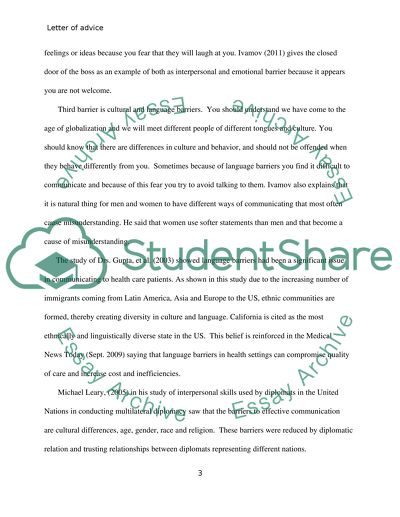Cite this document
(“Letter of Advice on Intererpersonal Communication Essay”, n.d.)
Retrieved from https://studentshare.org/psychology/1441590-letter-of-advice
Retrieved from https://studentshare.org/psychology/1441590-letter-of-advice
(Letter of Advice on Intererpersonal Communication Essay)
https://studentshare.org/psychology/1441590-letter-of-advice.
https://studentshare.org/psychology/1441590-letter-of-advice.
“Letter of Advice on Intererpersonal Communication Essay”, n.d. https://studentshare.org/psychology/1441590-letter-of-advice.


